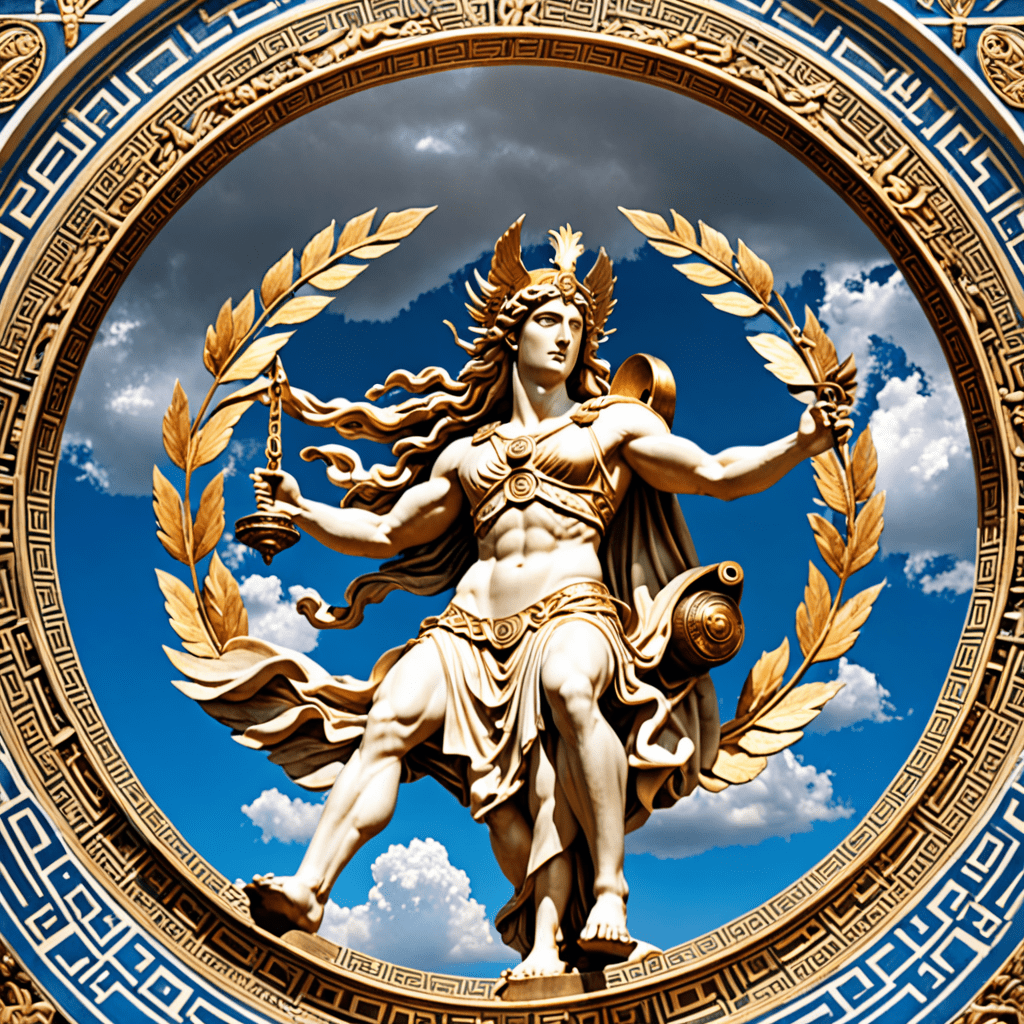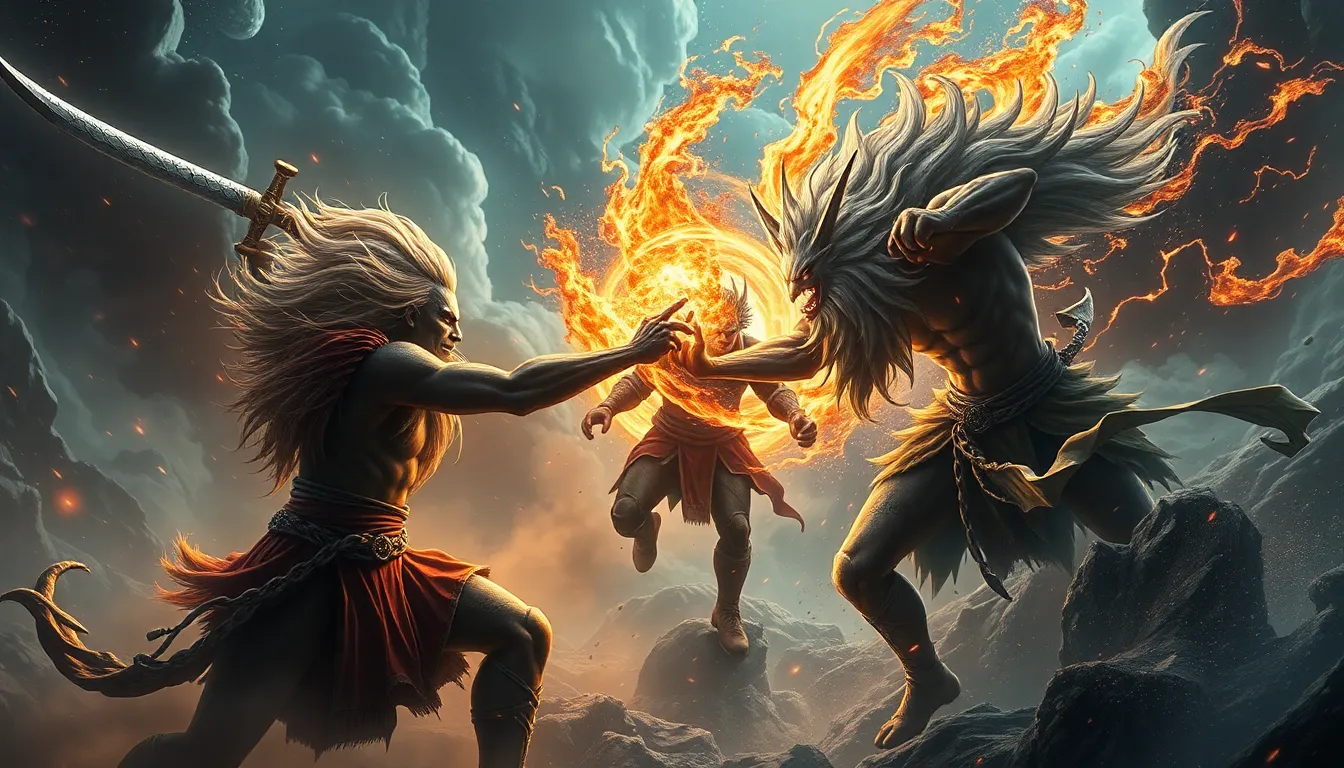The Symbolism of Dreams in Greek Mythology
It is no secret that dreams play a significant role in Greek mythology, often serving as powerful symbols and important plot devices. Let’s delve into the fascinating world of Greek myths to explore the symbolism of dreams and their profound meanings.
The Significance of Dreams in Greek Mythology
In ancient Greece, dreams were believed to be messages from the gods or manifestations of divine will. They were seen as a medium through which deities communicated with mortal beings. As such, dreams held immense importance and were often regarded as glimpses into the future or insights into the divine realm.
The Interpretation of Dreams in Greek Mythology
Dreams in Greek mythology were not merely random or meaningless occurrences; they were laden with symbolism and hidden meanings. Mythological figures often interpreted dreams to unravel cryptic messages or discern the intentions of the gods. Dream interpretation was a skill highly prized in ancient Greece, with seers and prophets specializing in decoding these enigmatic visions.
Examples of Dream Symbolism in Greek Myths
Several prominent Greek myths feature dreams as central elements that foreshadow events, guide actions, or forewarn individuals of impending doom. For instance, in the myth of Morpheus, the god of dreams, dreams are depicted as gateways to alternative realities and portals through which the divine influence mortal lives.
Another famous example is the dream of Queen Cassandre in Homer’s Iliad, where her prophetic dreams about the Trojan War were met with disbelief, showcasing the complex interplay between dreams, fate, and human choices in Greek mythology.
Legacy of Dream Symbolism in Modern Interpretation
The symbolism of dreams in Greek mythology continues to captivate modern audiences and researchers, influencing fields such as psychology, literature, and art. The rich tapestry of dream imagery found in ancient Greek myths has inspired countless interpretations and creative works, underscoring the enduring allure and relevance of these timeless tales.
In conclusion, the symbolism of dreams in Greek mythology serves as a potent reminder of the intricate relationship between the mortal and divine spheres, offering profound insights into human consciousness, fate, and the ceaseless quest for understanding the mysteries of the universe.
FAQ about the Symbolism of Dreams in Greek Mythology
What role did dreams play in Greek mythology?
Dreams were significant in Greek mythology as they often served as a medium through which gods communicated with mortals, offering prophecies or warnings. They were believed to reveal hidden truths and influence major events.
Which Greek gods were associated with dreams?
Oneiroi, the gods of dreams, were the personifications of dreams in Greek mythology. Morpheus, Phobetor, and Phantasos were prominent among the many Oneiroi, each responsible for different types of dreams.
What did certain dream symbols signify in Greek mythology?
In Greek mythology, dreams often symbolized various aspects of life. For example, dreams of flying could signify freedom or ambition, while dreams of snakes might symbolize transformation or danger, based on the context and interpretation.
How did ancient Greeks interpret dreams?
Ancient Greeks believed that dreams were messages from the gods or reflections of one’s inner thoughts and emotions. They consulted dream interpreters or priests to decipher the hidden meanings behind their dreams.
Did Greek mythology include any famous dreams or dream interpreters?
Yes, Greek mythology is rich with stories of famous dreams. One notable example is King Agamemnon’s dream that foreshadowed his death. Additionally, figures like the



